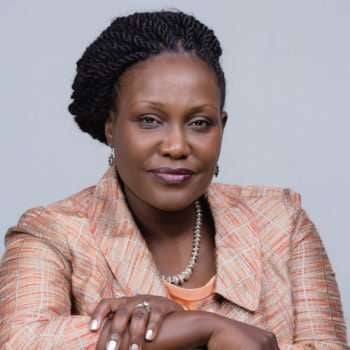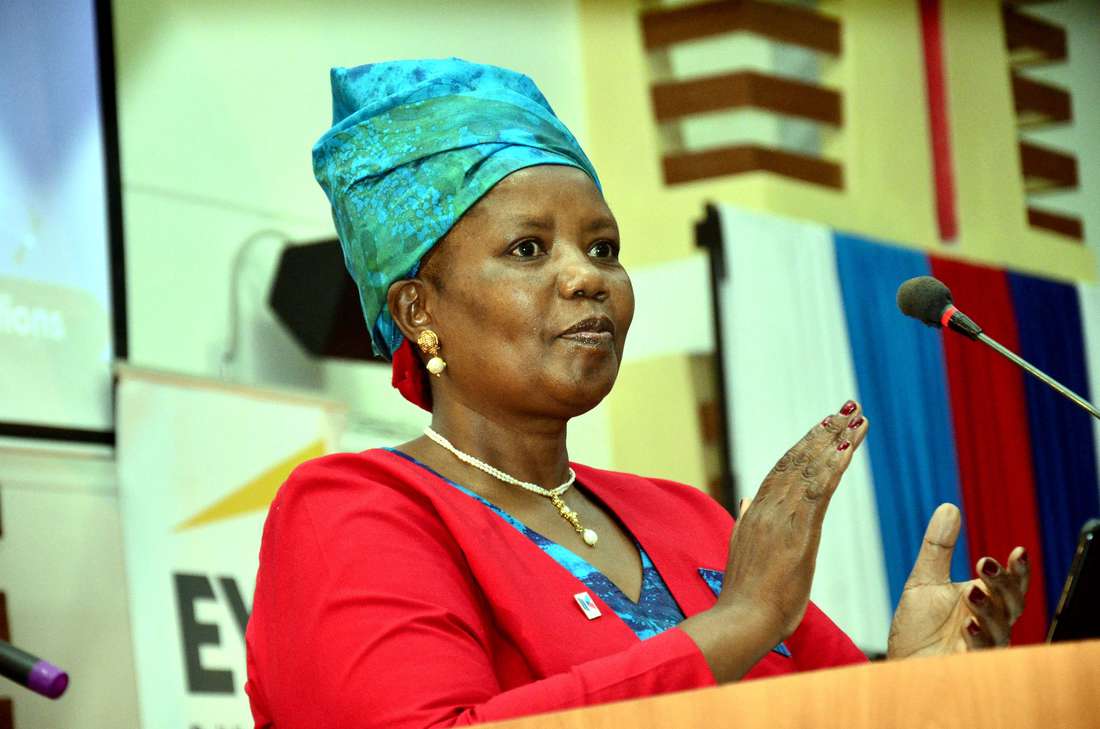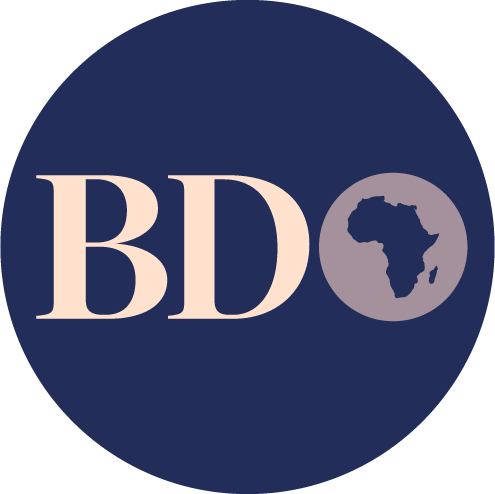By Daisy Okoiti

Dr Laila Macharia, Director at Africa Digital Media Group, Absa Kenya , and Centum Investments
What are you currently reading?
“Everything Happens for a Reason and Other Lies I’ve Loved, “Factfulness” and “The Great Stagnation”.
How many books do you read in a year?
I usually have three different ones open at a time, so perhaps 20 or 30 a year.
How would you describe your library?
Eclectic. There’s lots on the state of our planet. Old favourite books like “Guns, Germs & Steel” sit next to more recent tomes like “Get Better at Getting Better” and “Homo Deus: A Brief History of Tomorrow.” I cherished the late Hans Rosling so I’ve just started “Factfulness”. I have a policy to buy and read anything my friends write or recommend so I have Amy Chua and Anand Giridharadas’ books.
I have many biographies from Wangari Maathai and Margaret Thatcher to Lee Kuan Yew and Prathap Chandra Reddy. As I mature, I find myself drawn to more complicated, pensive memoirs by authors like Anne Lamott and Nancy Mairs who writes on faith, disability and mortality.
Similarly, I love technical and management books that straddle French, law and business but lean to the practical, covering scaling and turnarounds, like “Built to Sell”, “No Man’s Land” and contrarian ones like the “Illusions of Entrepreneurship.” Also, religious debate like “The Meaning of Jesus”, “The Thinking Person’s Guide to God” and “A Big-Enough God”. And I have books on religious politics, “The Future of Islam,” “God’s Politics” and “What’s the Matter with Kansas?” I also have the inevitable section on marriage, parenting, housekeeping and health. And children’s books and puzzles seem to be taking more shelves each year.
And at work?
Management has a standard reading list that includes “Good Boss, Bad Boss: How to Be the Best … and Learn from the Worst”, “The 4 Disciplines of Execution”, “The Checklist Manifesto”, “The Founder’s Mentality” and “Radical Candor.”
How many books do you have?
Over 700.
When did your love for reading begin?
Probably in the womb! My parents are great readers. My mother still completes the crossword every day and beats everyone at Scrabble. Pressure. (Laughs) We were taught that each book was a treasure. You never write in a book, highlight or dog-ear it. A book was to be preserved and passed down.
What is that one thing young people ought to understand about the importance of reading?
Reading is liberation, mentorship, adventure, perspective… and you become a better writer by reading.
Softcopy or hard copy?
Hard copy. The smell and look of any library takes me back to childhood.
It’s a visceral connection to hearth and home and to everything I treasure most.
Where do get your books?
Books are borrowed and shared. Some are bought used or new online or from shiny or dusty bookstores.
——

Dr Nancy Muriuki, Chairman at Kasneb, CEO Africa Success Enhancement Lab
What are you currently reading?
I am a polygamous reader. So, I have three books open before me; “Courageous Leaders: Transforming Their World” which was birthday gift I got from my children, “Boards That Deliver: Advancing Corporate Governance From Compliance to Competitive Advantage” which I got at an award ceremony in 2017, “Reinvention: Accelerating Results in the Age of Disruption” which was recommended by a colleague.
Which books have influenced your leadership style?
The Bible,“The Power of Servant-Leadership”, “7 Habits of Highly Effective People” and many others by John Maxwell. Earlier on, Ben Carson’s writings were a destiny changer for me
You are heavy on non-fiction …
Absolutely. I am drawn to literature that embodies actual life. I also search for knowledge in whatever area I am involved in. For example, I am reading many books on youth and marriage because I mentor them. We learn through mistakes but we may not always live long enough to make all the mistakes ourselves before we can learn. So reading other people’s experiences is an opportunity to learn.
When did reading become serious business for you?
In college. I read many books on dating then.
How many books do you read in a year?
Three to five, depending on how busy a year is. The number was bigger before because I had more time in salons or when travelling.
One advice to young women professionals?
Learning is a lifelong journey. If you’d like to remain progressive and relevant, you must cultivate a reading culture. In life, you learn and unlearn as you grow. If you are depending on knowledge acquired 10 years ago, you are in trouble. Also, as you get older, life gets busier, so seize all the time you have now to read.
Hard copy or soft copy?
I did my PhD online so that introduced me to reading online. However, I still prefer hard copy, to buy and keep my books.
——-
Rose Kimotho, MD and founder of Three Stones, a board member at Stanbic Bank, PSI Kenya, and Cytonn Investments
When did your love for reading begin?
When I was a little girl. My father emphasised reading a lot. His rule was that when he returns from work, everyone was expected to be reading. This grew on us. He would come home with book series in several volumes, sometimes up to 12 such as “Reader’s Digest”, “Uncle Ben’s Story”, “Uncle Arthur’s bedtime stories.
I don’t know if they are sold the same way these days. Each time we completed a volume, we went back to my father for more and he would be so pleased. So even at that age, I could not understand why people would not want to read.
Any preference in genres?
I’m into fiction. But I’m getting into the non-fiction space, autobiographies. I also like spy books and comedy. “The Complete Henry Root Letters” is a favourite.
How important is reading to a corporate leader?
Reading broadens your mind about people. Books teach you about different personalities, characters and what motivates people. If you limit your world to the people you know, you will not understand the broad spectrum that is human nature and what triggers people.
Part of the lesson in management is understanding why people behave the way they do. And as a leader, I have to get people to produce — because you do not produce yourself. To get people to produce, you must know them.
When I launched Kameme FM, there was a shame about vernacular. People in rural areas spoke vernacular and it identified the uneducated. I knew people loved their mother tongues so I had to look for insights on the shame and what could draw people back in.
What are you reading?
I want to start reading “Satya Nadella’s first book: Hit Refresh.” I want to understand how companies transform and restrategise.
What do you prefer, hard or soft copy?
I’m still attached to hard copies — smelling and turning the pages. I like to sit with a book.
I buy my books mostly from Amazon. But I have a Kindle, I’m trying to force myself into the 21st Century. It will be a loss for me when all books are gone.
When do you read?
When I go to bed. It is a nice way to switch off. I also read over the weekends.
How many books do you have?
I have no idea! The older I get the more books I get.
